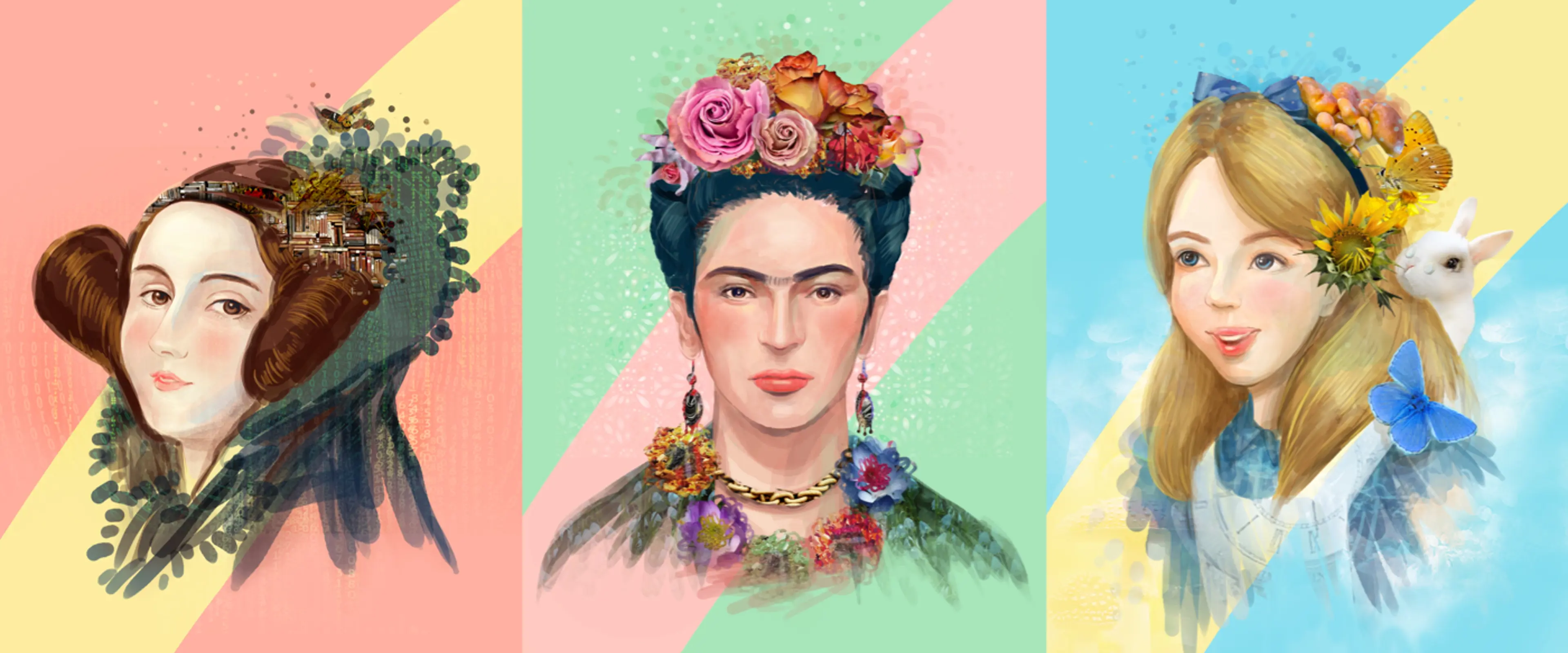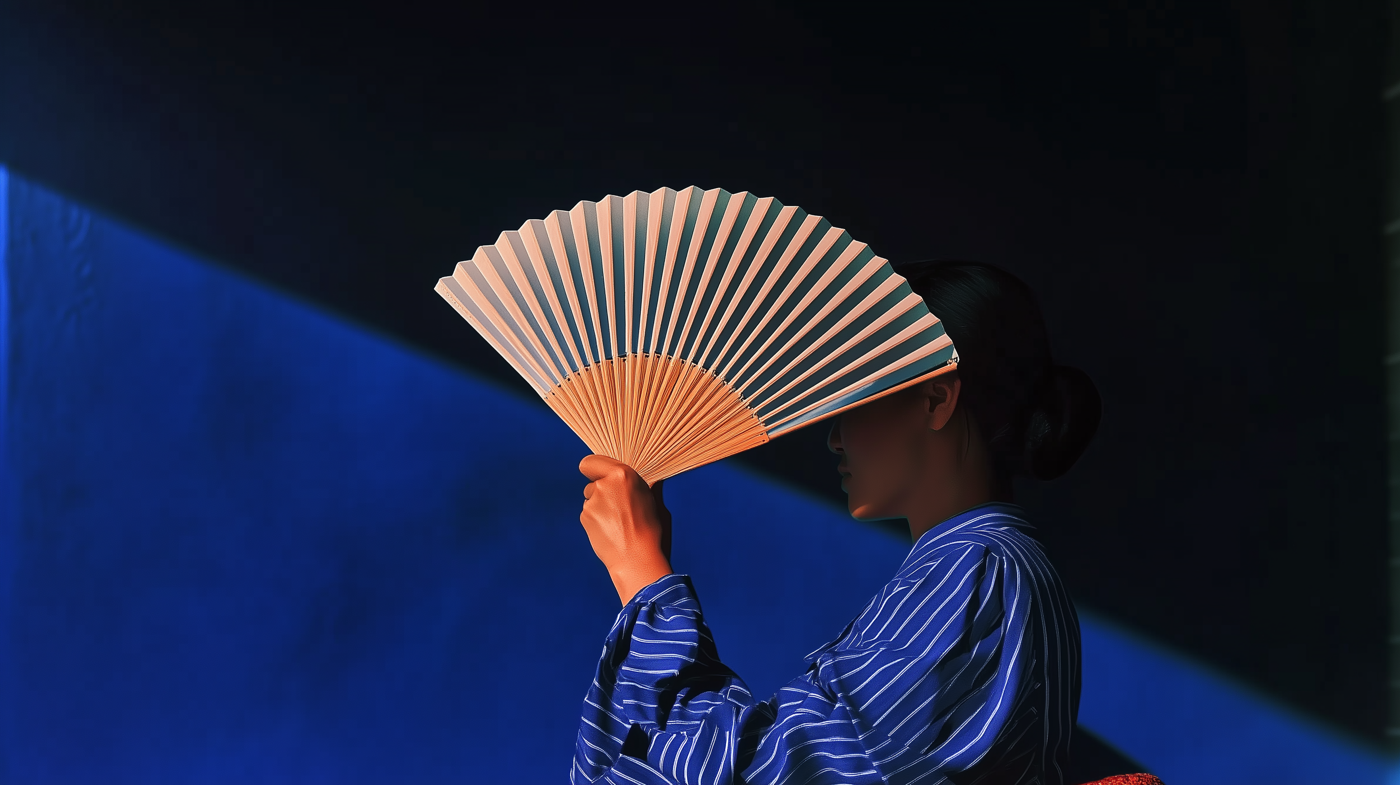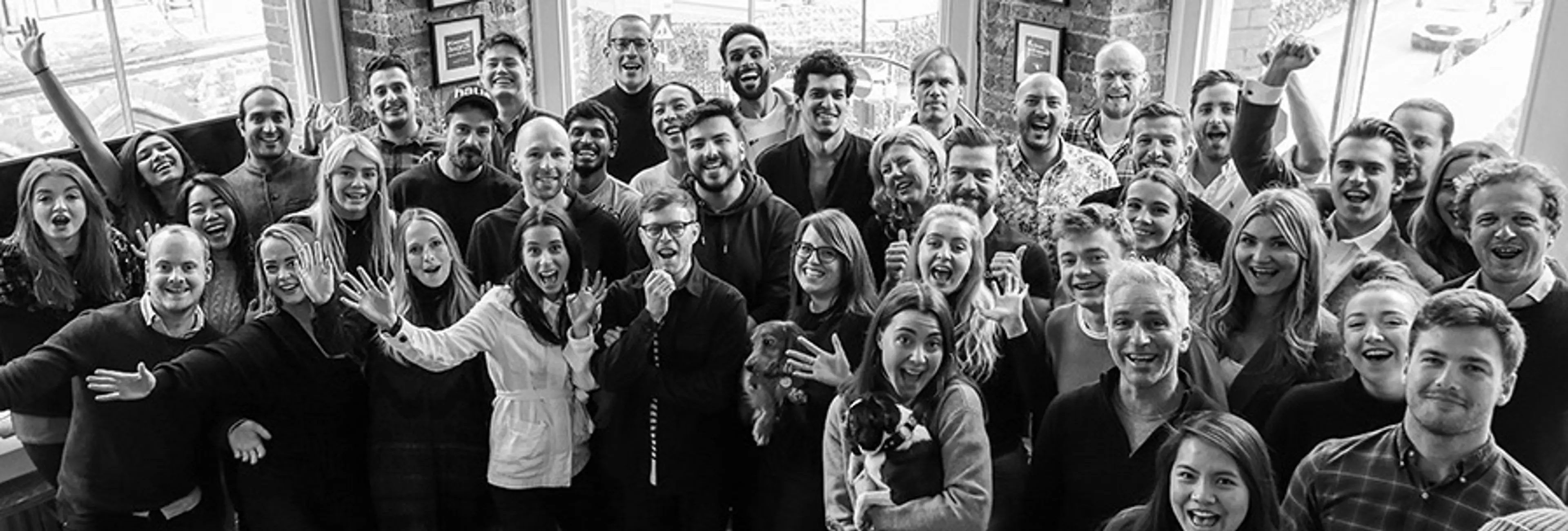
News
1 Mar 2018
10 Min Read
8 Inspirational Women for International Women's Day
We’re a diverse bunch, at Matter of Form, and are proud to say our office is split almost exactly 50/50 male and female
“"She was badass for her era. She rose up to rule china from a concubine; she was the only woman empress who wore the official imperial emperor robe; and she opened up the world to women, allowing them to travel on their own."”
News



